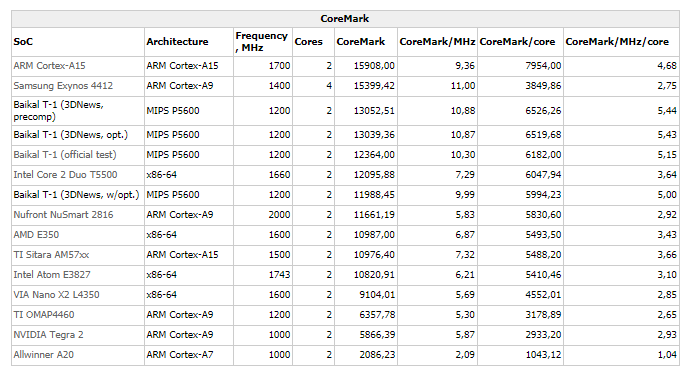Originally posted by coder
View Post
Considering SiFive has been funded in part by Qualcomm and Intel's VC arms (https://www.crunchbase.com/organizat...tion-investors), it makes sense for the RISC-V ISA to be non-GPL (what better way to compete with licensed ARM?). Linux and GCC have been successful GPL projects because they have convinced everyone the trade-off you mention is worth making, though I wouldn't call it a contradiction at all. It's just a trade-off for what you think should be a higher priority: getting contributions back vs letting people do what they want. People do share modifications in MIT/Apache licensed projects, and if they didn't some projects would die off. People also interact with GPL code using shims. You are not any less free to use a GPL project, you'll just have to share code back, and possibly forego some profit.
Google has appealed the ruling to the supreme court, so hopefully APIs won't be copyright-able. Ultimately, I think some combination of GPL with exceptions could work in hardware, OpenSPARC was/is GPL (https://www.oracle.com/technetwork/s...nload_for_Chip) and if there are patents involved, I think they an be worked around. The biggest roadblock to GPL hardware is probably that the EDA companies would lose their shit if I could just get a USB3 or PCIe IP for free from a GPL project.


 )
)
Comment